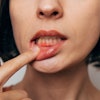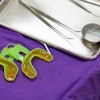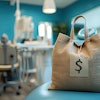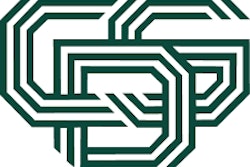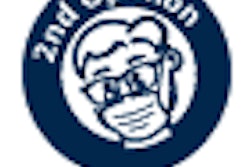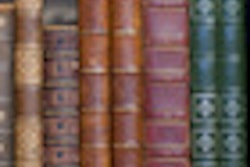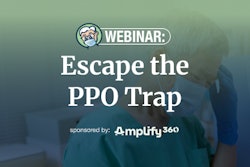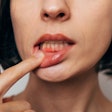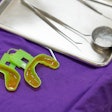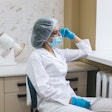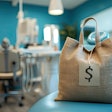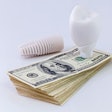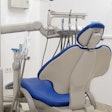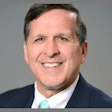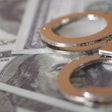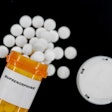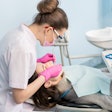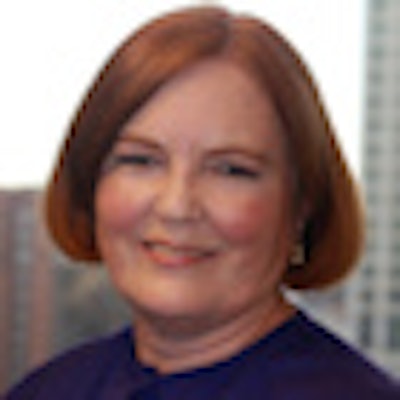
It's a sad day when a profession cannot justify supporting its own special library. But apparently the ADA has done just that: The Board of Trustees is submitting to the upcoming 2012 ADA House of Delegates a budget that does not include or support the dental profession's premiere library as we know it.
The ADA Library has been downsized before; all collections need to be periodically culled and examined for relevance. But this time the nature of the library itself is being torn apart.
 Mary J. Hayes, DDS, MS, AM.
Mary J. Hayes, DDS, MS, AM.
As one of a handful of dually trained and degreed dentists and medical librarians, I have read this news with dismay and deep sadness.
A profession is defined by several key elements:
- A unique and specialized body of knowledge
- Autonomy to direct specialized training and education based on that body of knowledge
- Self-regulation, where application of that specialized body of knowledge to others is held to proper, just, and ethical standards
For dentistry, the goals of our profession are further reflected in the ADA vision statement: "To be the recognized leader in oral health." The library held at the ADA is not simply an information desk. As the repository of dentistry's special knowledge base, this special library houses current material, old archives, and supporting materials in between.
A special library
The ADA Library is a special library. A definition exists to describe such a collection. The Special Library Association speaks of a special library as an organization where services invariably involve a deeper understanding of the subject areas of the sponsoring agency. In addition, special librarians are immersed in the activities and goals of the sponsoring profession and will take on assignments that other libraries would not. In this day and age, aren't libraries passé?
What about online and Internet information? Isn't electronic information the way to the future? My librarian hat says the answer to this is complicated. Questions are provoked and are not all answered yet. We have much more access to information, but is it good information? Do you want Wikipedia to be your base of cognitive knowledge? How well can you recognize misinformation without the trained professional librarians of the ADA? Will your professional budget be able to handle the significant costs to access complete journal articles, much less books? Will you be able as an individual dentist to pay necessary royalty fees to legally reproduce documents, articles, and books? Will the electronic community have the book you need available? (Perhaps they can ask the ADA Library to supply the copy to scan.) How can you get into a medical or hospital library unless you are a faculty or staff member, and does that library access the dental literature? And if you are not a researcher yourself, do you want to diminish the resources of our colleagues who work, study, and publish to bring our cumulative knowledge to the next level?
Services will be cut and members will be unhappy because 60% less staff won't be able to process your needs as quickly. Book acquisition has been terminated. After November 15, you can no longer borrow a book. At some point coming, the remaining library will not be open for members. Our books and source materials will be where exactly? In a regional medical library? It is not likely that another organization will absorb the financial burden of maintaining dentistry's "database." At the National Library of Medicine? Not likely, as dentistry is collected there peripherally.
Managing knowledge is BIG business. We all know that the Internet and the information online have changed our lives and the way we live, work, and practice. The ADA Library is not buried in the past, but looking to the future: An ongoing evaluation project is looking at evidence-based chairside clinical tools, used through smartphones, iPad-type devices, and computers. And while this will continue and become more sophisticated, the past needs to be respected - and accessible.
Preservation is critical
It is personally ironic that I find myself arguing for dentistry to maintain its special library. Before dental school, I earned a master's degree in library science with core competency and emphasis on medical special libraries. Aletha Kowitz, a former ADA librarian, taught me my first graduate course: Reference Materials in the Sciences. My first real job was a reference/circulation librarian at the American Hospital Association. When I was there, I noted two facts:
- When the AHA's budget was tight, the library was "trimmed."
- The professional services and knowledge of a special library are underappreciated and underutilized
My dental office is in the building directly adjacent to the ADA building and I have to admit -- I do not use the library frequently. But I do know it is there, and when I need a question answered or access to a pricey, uncommon journal or book, I know where to go, and I know who to ask. I know I will get fast, accurate service.
The bottom line is this: How do my ADA dues support my conviction that dentistry in this day and age of evidence-based knowledge centers on the profession's commitment to lifetime learning? From the numbers, it would appear that approximately $10 of my dues goes to support the library as it currently exists. The future iteration of the library will take about $5. The difference of $5 is less than the price of a book on Kindle. And we get so much more. One of the greatest acknowledged assets of this country is the National Park Service, the organization charged with preserving the wilds of this country for future generations. But the average American makes less than one visit per year to a national park (Department of the Interior, 2009)!
It is a national premise that preserving the Grand Canyon is critically important to all of us as citizens, whether or not we can personally manage a visit to see this special place. Likewise, dismantling the ADA Library is not in our best interests as "citizens" of the proud profession of dentistry. Let's trust that the ADA 2012 House of Delegates reconsiders this drastic deconstruction of the library and reinstates its budget until the electronic world can truly catch up with the needs of the profession of dentistry.
Dr. Mary J. Hayes attended the University of Illinois College of Dentistry, where she earned her Doctor of Dental Surgery and a Master of Science and Certificate of Advanced Study in Pediatric Dentistry. Before her career in dentistry, Dr. Hayes received a Master of Medical Library Science from the University of Chicago. She has spoken all over the world to professional groups about pediatric dentistry and dental education. She has been the recipient of many professional honors, including the Cushing Award from the Chicago Dental Society in honor of her leadership in oral health education. She is a diplomate of the American Board of Pediatric Dentistry and serves the board as an examiner.
